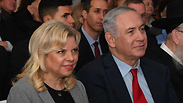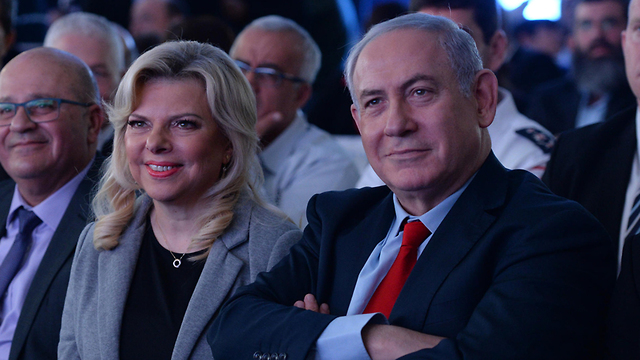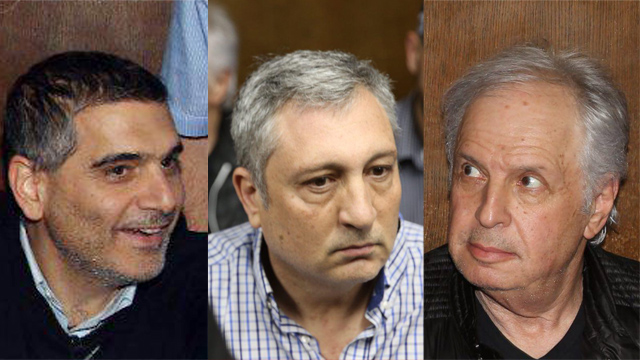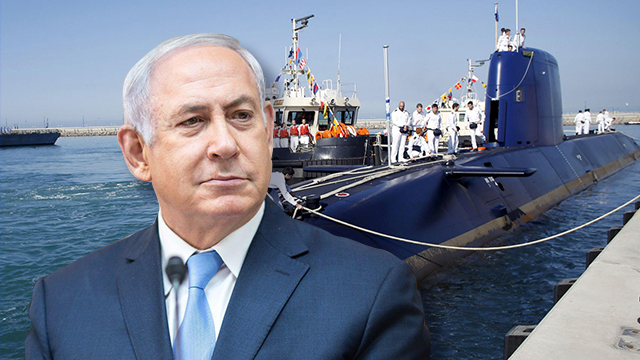
His wife, Sara Netanyahu, will also be summoned to the police's Lahav 433 anti-fraud unit in Lod to provide testimony in the affair involving suspicions that the communications company’s majority shareholder, Shaul Elovitch, enjoyed benefits for his firm in return for granting the prime minister and his family favorable coverage on his Walla! News website, which is fully owned by Bezeq.
Investigators on Balfour Street are also expected to use the opportunity to simultaneously obtain testimony from the prime minister in the submarine affair, also known as Case 3000, involving possible corruption in a deal of military vessels by the Israeli Navy from the German an ThyssenKrupp corporation.
On Wednesday, the Tel Aviv Magistrate's Court released former Bezeq strategy advisor Eli Kamir, who is suspected of bribery and breach of trust in Case 4000, to house arrest under restrictive conditions for one week.
Kamir is also involved in Case 1270 (concerning the alleged offer to appoint Judge Gerstel to attorney general in return for closing investigations against Sara Netanyahu—ed).
Prime Minister Netanyahu is currently not considered a suspect in Case 3000. However, new findings convinced police that Netanyahu should be investigated.
Law enforcement officials held a strategic-legal inspection to examine whether questioning Prime Minister Benjamin Netanyahu under caution on the submarine probe could lead to Germany bowing out of the massive defense deal, Ynet learned Thursday morning. The inspection's results said the deal will not necessarily be compromised if that occurs.
The inspection was undertaken due to reservations voiced by German officials stemming from suspicions of corruption surrounding a deal to purchase submarines and other navy vessels from the German ThyssenKrupp corporation.
While the German government approved the submarine deal with Israel this past October, it appended a limitation clause to the deal in which it stated that if it became known corruption by decision makers or politicians tainted the transaction, it will be able to back out of it.
The complex agreement, it came to light Thursday, also influenced Israeli law enforcement's decision making when progressing through the multifaceted investigation.
In light of the findings uncovered so far in the course of the probe, which has led to the arrest of multiple senior political and defense officials, police sources have believed for a long time the premier should also be questioned.
Interrogators, however, have only been cleared to collect open testimony from Netanyahu for now, but may be able to deem him questioned under caution later on.
Netanyahu probe may have national security ramifications
Law enforcement's quandary, in fact, has little to do with whether Prime Minister Netanyahu should be questioned—or at the very least asked to provide testimony—but rather with the question of when to do it.
Unlike previous instances of Netanyahu being questioned under caution—such as the illicit gifts affair and Netanyahu's conversations with Yedioth Ahronoth owner and publisher Arnon Mozes—questioning the premier under caution on the submarine affair may have ramifications extending far beyond the legal or political spheres—going into the realm of national security.



















